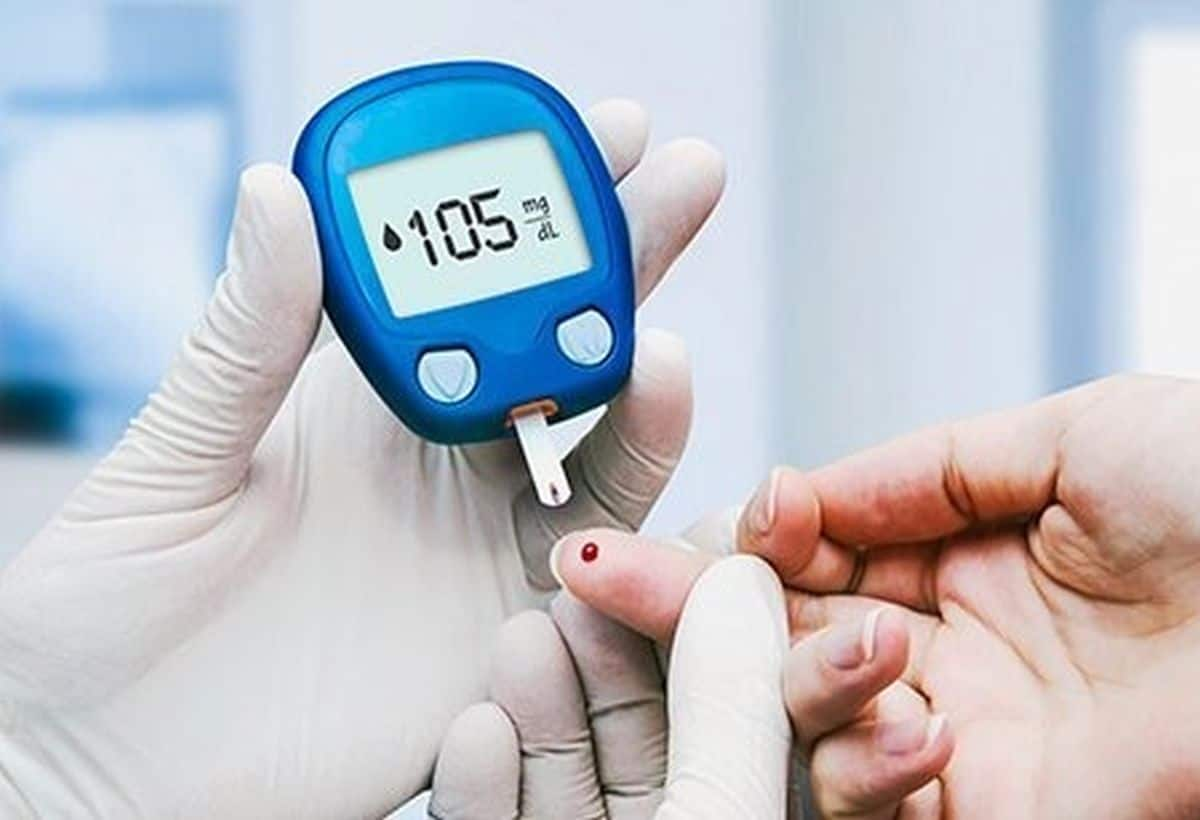Diabetes, a chronic condition affecting millions in the country, has become a significant health concern over the years. With projections suggesting that the number of diabetes patients could continue to rise, it is crucial for individuals to be proactive in managing their health. Regular testing plays a vital role in early detection and effective management of diabetes. But what tests should you consider to determine your diabetes status? Here’s a comprehensive guide to understanding essential diabetes tests.
Understanding Diabetes: A Growing Concern
Diabetes is characterized by high blood sugar levels due to inadequate insulin production or ineffective insulin utilization. The rising prevalence of this condition poses risks of severe complications, including cardiovascular diseases, kidney failure, and nerve damage. Regular monitoring and testing are imperative to prevent diabetes or manage it effectively.
Key Tests for Diabetes Diagnosis
To determine if you have diabetes, several key tests are recommended:
1. Fasting Blood Sugar Test
This test measures blood sugar levels after an overnight fast. A result of 126 mg/dL or higher indicates diabetes, while levels between 100 to 125 mg/dL suggest prediabetes.
2. Oral Glucose Tolerance Test (OGTT)
The OGTT evaluates your body’s response to sugar. After fasting, you will consume a glucose-rich drink, and your blood sugar levels will be tested at intervals. A reading of 200 mg/dL or more, two hours after consuming the drink, confirms diabetes.
3. Hemoglobin A1c Test
This test reflects your average blood sugar levels over the past two to three months. An A1c level of 6.5% or higher indicates diabetes, while A1c levels between 5.7% to 6.4% suggest prediabetes.
4. Random Blood Sugar Test
A random blood sugar test can be conducted at any time, regardless of when you last ate. A reading of 200 mg/dL or above indicates diabetes, especially if accompanied by symptoms like increased thirst or frequent urination.
Importance of Regular Monitoring
For individuals at risk of diabetes or those already diagnosed, regular testing is essential. It allows for timely interventions and adjustments in treatment plans, helping manage blood sugar levels effectively.
Who Should Get Tested?
It is advisable for adults over the age of 45 to undergo diabetes testing, especially if they have risk factors such as obesity, a sedentary lifestyle, or a family history of diabetes. Additionally, younger individuals with risk factors should also consider getting tested early.
Conclusion: Stay Informed, Stay Healthy
With the increasing prevalence of diabetes, staying informed about your health is paramount. Regular testing and early diagnosis can significantly alter the course of diabetes management. Always consult with your healthcare provider to determine which tests are appropriate for you and to discuss the best strategies for maintaining a healthy lifestyle.
